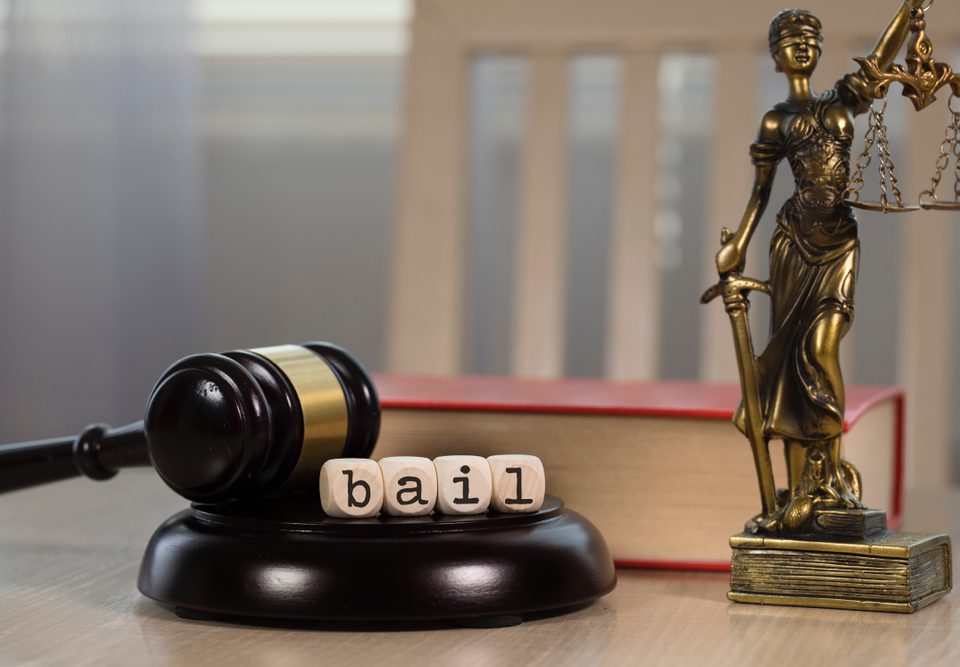- Serving All Utah Jails and Nationwide Jails for over 40 years
Factors in a Judge’s Decision on Bail Amount, Part 2

Factors in a Judge’s Decision on Bail Amounts, Part 1
April 5, 2019
Information on Various Bail Bonds and Release Formats
May 3, 2019In part one of this two-part blog, we went over some of the basic areas a judge will consider when setting the bail for someone who has been temporarily incarcerated. These calculations will draw from a number of sources, including both personal and state-related factors.
At Beehive Bail Bonds, we can help with all areas of bail needs, and can even assist you with a list of reputable criminal defense attorneys who will give you a free consultation just for mentioning our name. In today’s blog, we’ll detail a couple more important factors that play a role in the range bail is set at for a given case, plus rare cases where bail will not be included in a case at all.
Evidence in the Case
While several areas we’ve already discussed in this series will play a big role in the judge’s assessment of the person who is accused of the crime, such as flight risk and public safety concerns, the judge will also go over the actual facts of the current case in question. They’ll go through the details of the case and determine if some of the events that took place impact the risk someone presents if let free from jail.
In most cases, the majority of this information will come from the documentation of the arresting officer or officers. These entities are required to list the most serious charges on documents, but also to submit evidence and specific reasoning why the arrest was carried out. Using this information, the judge will come to a basic conclusion about how likely or unlikely a conviction is for the charges. The greater the chances of a conviction per the judge’s assessment, the higher bail will generally be for the person accused.
Past Criminal Record
Another piece of prior information that will be used is the criminal record, if any, of the person accused of the crime in question. Naturally, those who have previous criminal records, particularly extensive ones, will be considered larger risks and may come with larger bails. In certain cases where a past criminal record is especially egregious, bail may be denied altogether (more on this below).
No Bail Situations
There are a few situations where bail will not be applicable, both on the positive and negative ends of the spectrum. In certain minor cases, for instance, the judge may waive bail and instead take a statement from the accused promising to appear in court on the required date.
In other situations, though, bail may be denied. This could be due to extensive criminal history or a major flight risk, or in some cases will be because the person in question has outstanding warrants or previous cases of failure to appear in court.
For more on the factors at play when a judge sets bail, or to learn more about our bail bondsmen or any of our other services, speak to the staff at Beehive Bail Bonds today.




